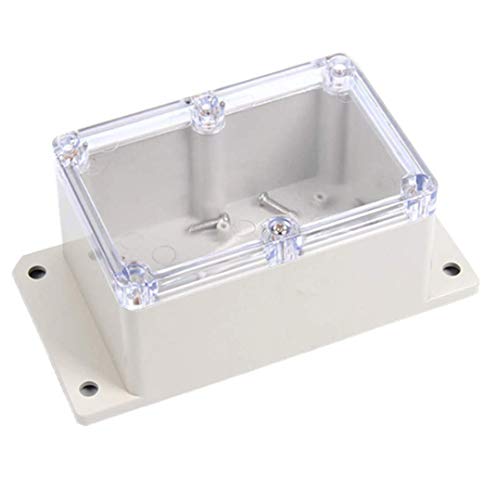Hi Graham,
Rcd's are terribly unreliable, I read somewhere of a 7% failure rate. Think your car would be allowed on the road if that type of car had a brake failure rate of 7%....
As on a TT system, unless Zs is helped by bonding to extraneous parts, in the event of an earth fault, there will be no ADS, [unless you have a small MCB and a mega low Ra] so all exposed parts will be permanently live, and the first person to touch one will die..
Why not three MCB's in series?? Simple, because an MCB is there merely to protect conductors against overcurrent, not to act as "additional protection" against shock hazards and/or to achieve required disconnection times in the event of earth faults...
An MCB fails, yes, insulation could be damaged, and this could indeed cause an earth fault and make exposed parts live, but then an upstream RCD in a modern system will clear the fault...or at least you hope it will, cos if you touch the live exposed part, the RCD will be your last resort..
john....
Rcd's are terribly unreliable, I read somewhere of a 7% failure rate. Think your car would be allowed on the road if that type of car had a brake failure rate of 7%....
As on a TT system, unless Zs is helped by bonding to extraneous parts, in the event of an earth fault, there will be no ADS, [unless you have a small MCB and a mega low Ra] so all exposed parts will be permanently live, and the first person to touch one will die..
Why not three MCB's in series?? Simple, because an MCB is there merely to protect conductors against overcurrent, not to act as "additional protection" against shock hazards and/or to achieve required disconnection times in the event of earth faults...
An MCB fails, yes, insulation could be damaged, and this could indeed cause an earth fault and make exposed parts live, but then an upstream RCD in a modern system will clear the fault...or at least you hope it will, cos if you touch the live exposed part, the RCD will be your last resort..
john....































































